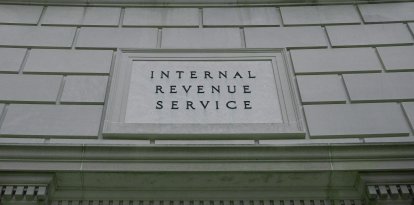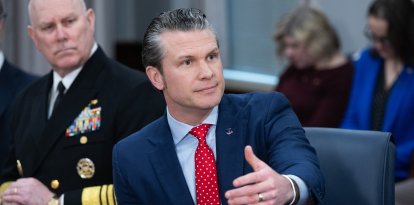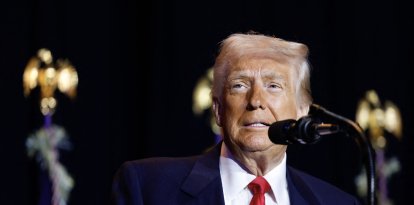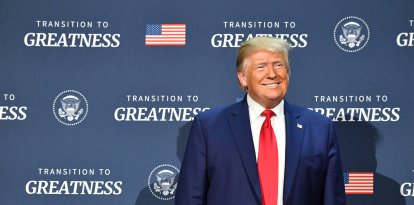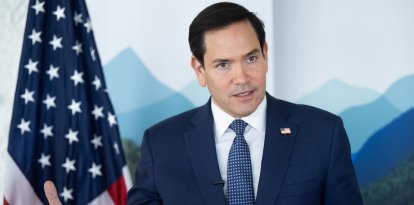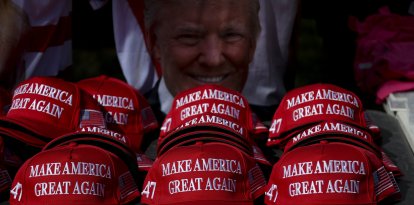Elon Musk rejects Biden's tariffs on Chinese electric vehicles: "Things that distort the market are not good"
The billionaire said Tesla competes "quite well in the market in China" without such measures.
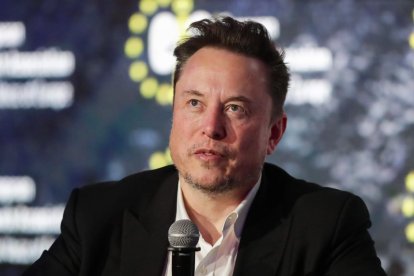
Elon Musk ( SOPA Images/Sipa / Cordon Press)
Tesla CEO Elon Musk strongly opposed the Biden administration’s recent decision to increase tariffs on Chinese electric vehicles, calling it a market-distorting move.
During a technology conference in Paris, the billionaire emphasized his position on the imposition of tariffs or tax incentives for both electric and gasoline-powered vehicles. “If they’re all taken away, I think that would be for the best (...) generally, things that inhibit freedom of exchange, or distort the market, are not good — they’re bad,” Musk said at the event.
Despite having suggested in the past that without trade barriers Chinese automakers could outperform competitors from other countries, Musk assured that neither he nor Tesla were behind the tariff increase. “Tesla competes quite well in the market in China, with no tariffs and no differential support. I’m in favor of no tariffs,” he insisted.
Tesla ranks second in sales of “new energy vehicles” in China, a category that encompasses both battery electric vehicles and plug-in hybrids, ranking only behind BYD Auto.
A “damage limitation” strategy?
According to Matthias Schmidt, an auto industry analyst, Musk’s latest statements are part of a “damage limitation” strategy to protect the interests of American companies in China from possible retaliation against the increase in tariffs imposed by the USA.
Biden’s tariff increase
A few days ago, the White House announced that it would impose a significant increase in tariffs on Chinese electric vehicles as part of a suite of measures to protect American manufacturers.
Biden raised tariffs on electric vehicles from 25% to 100% and applied other increases to tariffs for solar panels, steel and other Chinese-made products, arguing that the taxes were necessary to combat China’s unfair trade practices, including the theft of intellectual property and the saturation of global markets with exports at artificially low prices.
Importantly, Donald Trump had already promised to increase tariffs on Chinese products, including electric vehicles, with taxes of 200% as a measure to preserve a national competitive advantage.
RECOMMENDATION
